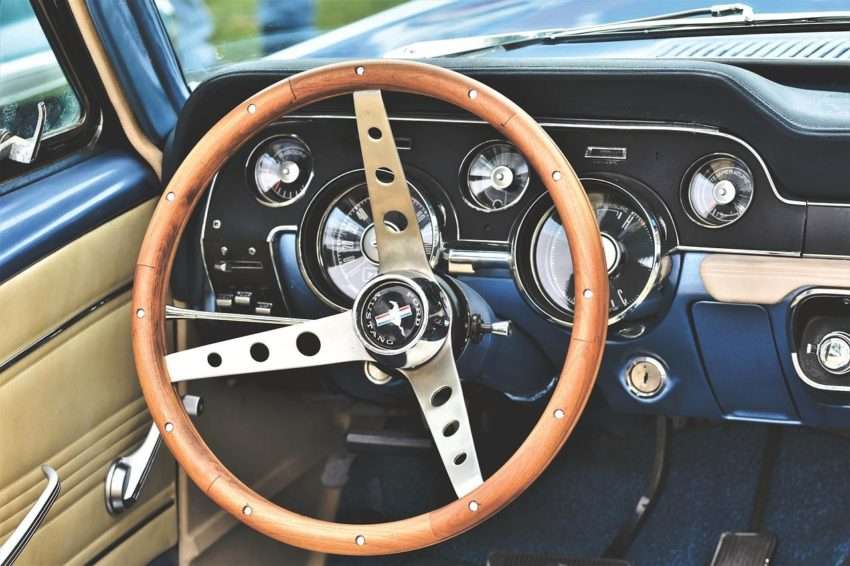
Every vehicle on the road today carries a unique identifier known as the Vehicle Identification Number or VIN. This 17-character alphanumeric sequence offers a detailed history of the vehicle, from its production details to its registration and usage history. Understanding the intricacies of a VIN can provide invaluable insights into a vehicle’s past, making a VIN decoder an essential tool for buyers, sellers, insurers, and automotive enthusiasts.
What is a VIN?
A VIN is more than just a string of random characters. It is a coded description of the car that reveals the vehicle’s manufacturer, attributes, and unique identity. Introduced in 1967 and standardized in 1981 by the National Highway Traffic Safety Administration (NHTSA), the VIN system helps in tracking recalls, registrations, warranty claims, thefts, and insurance coverage.
Structure of the VIN
The 17 characters of the VIN are divided into three distinct sections:
- World Manufacturer Identifier (WMI) – Characters 1 to 3: This segment identifies the vehicle’s manufacturer and the country where it was built.
- Vehicle Descriptor Section (VDS) – Characters 4 to 9: This section provides specific information regarding the vehicle’s model, body type, restraint system, transmission type, and engine code.
- Vehicle Identifier Section (VIS) – Characters 10 to 17: This is used to identify the individual vehicle, with the last six characters representing the vehicle’s serial number. The 10th character indicates the model year.
How VIN Decoders Work
A VIN decoder is a tool that allows you to enter a vehicle’s VIN number and receive detailed information about the vehicle in return. The decoder reads the information encoded in the VIN, providing data about the manufacturer, vehicle type, model year, location of manufacture, and more. This can be crucial in verifying a vehicle’s configuration and ensuring that a vehicle hasn’t been involved in any serious incidents that could affect its performance and safety.
Uses of VIN Decoders
1. Pre-Purchase Research
VIN decoders are invaluable in the used car market. They allow potential buyers to verify the car’s specifications and ensure that the details provided by the seller match the car’s official records. This helps in avoiding cars that have been illegally modified or involved in unreported incidents.
2. Insurance
Insurers use VIN decoders to confirm vehicle details when providing quotes. Accurate vehicle identification ensures appropriate coverage and helps in assessing risk more effectively.
3. Vehicle Recalls
Manufacturers and regulatory bodies use VINs to identify vehicles affected by recalls. Owners can use a VIN decoder to check if their vehicle is subject to a recall, ensuring they remain safe.
4. Theft Recovery
Law enforcement agencies use VINs to track and recover stolen vehicles. VIN tampering can often be a sign of a stolen vehicle, and decoders can help verify the authenticity of a vehicle’s identity.
Advantages of Using a VIN Decoder
- Accuracy and Transparency: Ensures that all the vehicle’s characteristics are transparent and accurate.
- Time-saving: Quickly provides comprehensive data without the need for manual verification.
- Usability: Easy to use, accessible to non-professionals and professionals alike.
- Prevents Fraud: Helps detect discrepancies in vehicle information that could indicate fraudulent activity.
Choosing a VIN Decoder
When selecting a VIN decoder, consider the following:
- Reliability: Opt for a decoder with a strong reputation and positive user reviews.
- Information Depth: Ensure the decoder provides a comprehensive breakdown of the VIN.
- User Interface: Look for a decoder that is easy to use and interpret.
- Cost: Some decoders are free, while others charge for detailed reports.
Conclusion
A VIN decoder is an essential tool in the automotive industry, providing a wealth of information from a simple 17-character number. Whether you are buying a used car, insuring a vehicle, or just curious about a car’s history, a VIN decoder offers a window into the vehicle’s past that can help make informed decisions. By effectively using a VIN decoder, all parties involved in the automotive industry can ensure transparency, accuracy, and security in vehicle transactions and management. In conclusion, VIN decoders play a crucial role in enhancing the buying experience, ensuring safety standards, and preventing automotive fraud, making them an indispensable tool for anyone involved with vehicles.